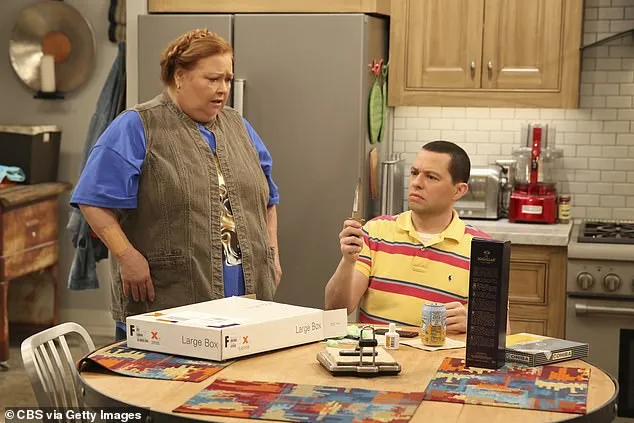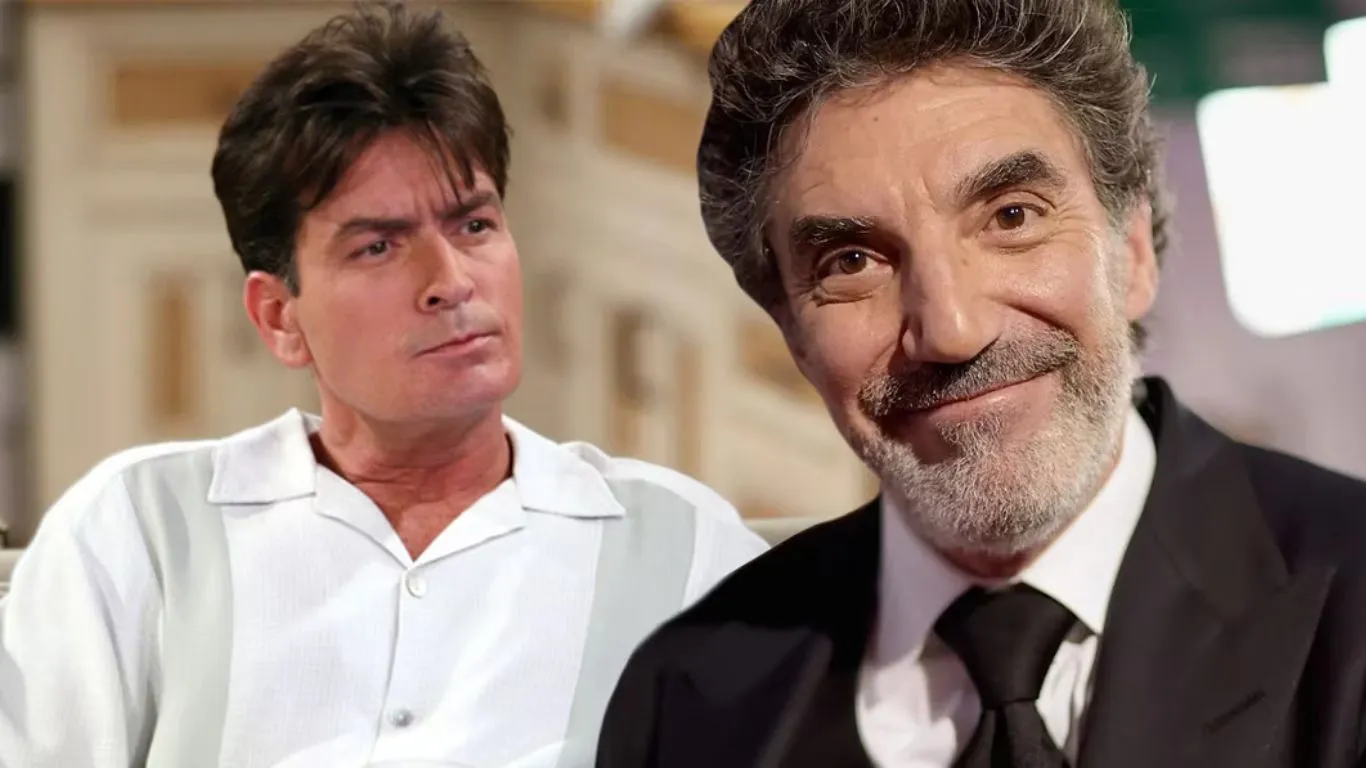Welcome to Random Roles, wherein we talk to actors about the characters who defined their careers. The catch: They don’t know beforehand what roles we’ll ask them to talk about.
The actor: Conchata Ferrell first made her mark as an actress in the theater, earning acclaim—as well as a Drama Desk Award and a Theater World Award—for her work in The Sea Horse, but it was her performance in Lanford Wilson’s The Hot l Baltimore that first led her to step off the stage and in front of the camera. Ferrell has worked both in film and television, shifting between drama and comedy with relative ease, but it’s the latter that’s kept her gainfully employed for more than a decade now, thanks to the role of Berta on CBS’ Two And A Half Men, which kicks off its 12th and final season this week.

Two And A Half Men (2003–present)—“Berta”
Conchata Ferrell: The best story about Berta is my audition. I think they wanted her to be the ethnic character. They asked me to come with an Eastern European accent. I liked the material very much. I love playing women who have the nerve to do things that I don’t have the nerve to do, and Berta is certainly one of those. So I worked it like they wanted, but I also worked it in my own voice, and I thought to myself, “You know, this really works better for me in my own voice, so what I ought to do is ask them if I can do it both ways.” So I planned on that. And then I got there, and there were 32 women auditioning for this role. It was supposed to be a two-part arc, and my character was going to quit because Alan and the boy were moving in.

So, anyway, I looked around, and I thought, “My God, they are never going to listen to this twice.” But then I thought, “If you want this role, go in there and do it the best you possibly can… and the best I possibly can do is in my voice.” So I went into the room, and I said, “I know that you’re looking for, like, a Russian or a Polish accent, and I’ve got a pretty good Russian. However, I bring my own ethnicity to this, and I’ve worked this material. It works better in Trailer Park than it does in anything else.” And Chuck [Lorre] just laughed and said, “Well, do whatever makes you happy.” And I did it, and it was really funny, and I left thinking, “Well, if I don’t get it, it’s not because I didn’t do the best I could.” And it turned out that he really liked the idea of this woman being a trailer-park person.
He also added things to it as it went along, like the fact that she was a Deadhead, an old hippie. It just turned out to be a really wonderful character because I am a lot of those things. I wasn’t a Deadhead, and I didn’t follow a band around, but I definitely was an old hippie. I was a political hippie. So it was so comfortable. I’m from West Virginia, and she just grew into somebody who I could’ve gone to school with, or rode the school bus with. I’ve really liked walking with her and walking in her shoes.



